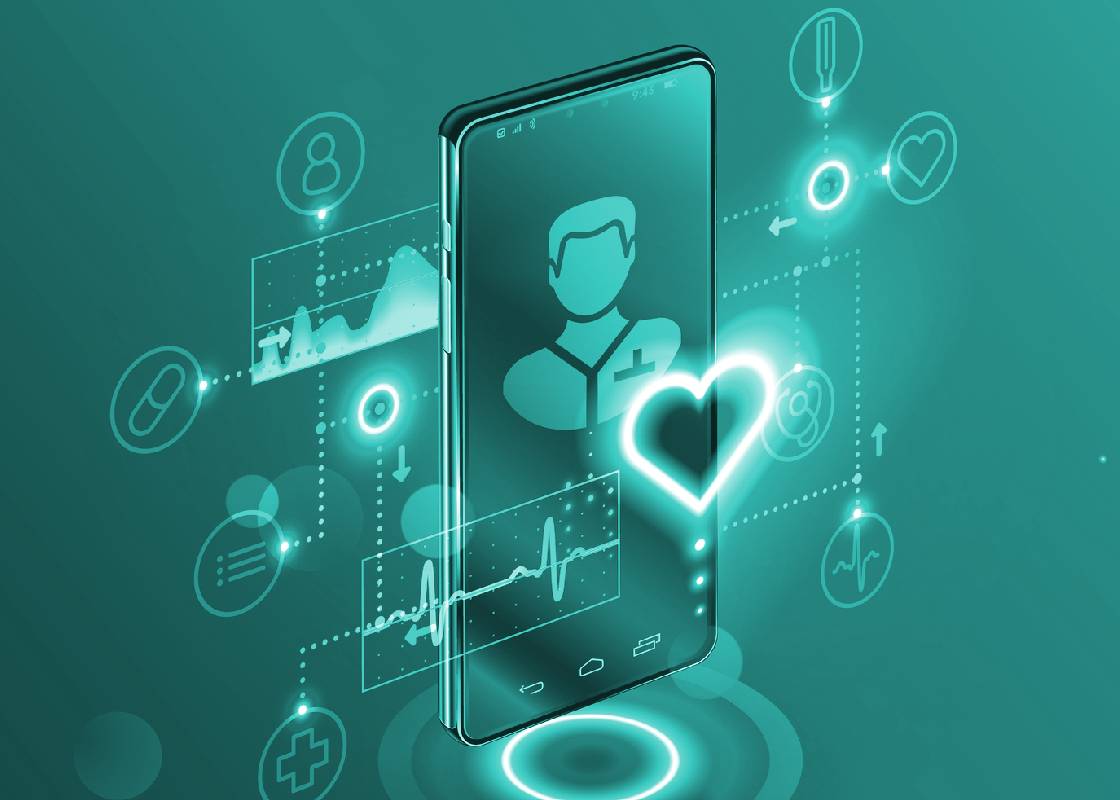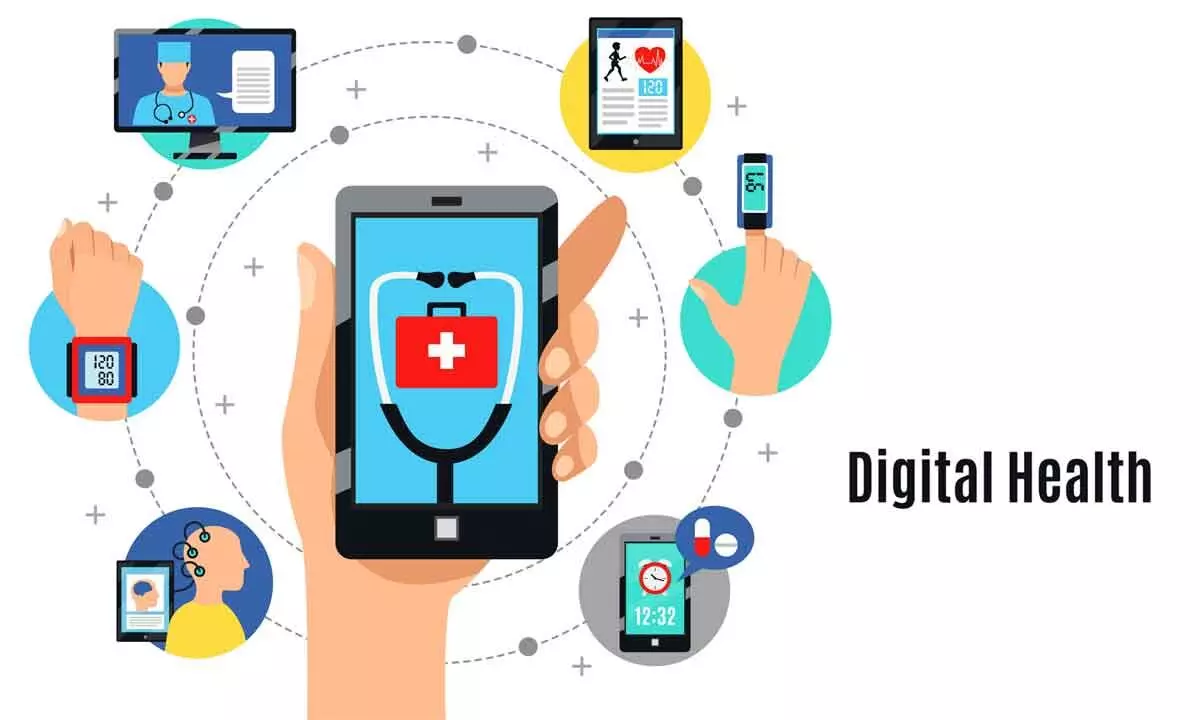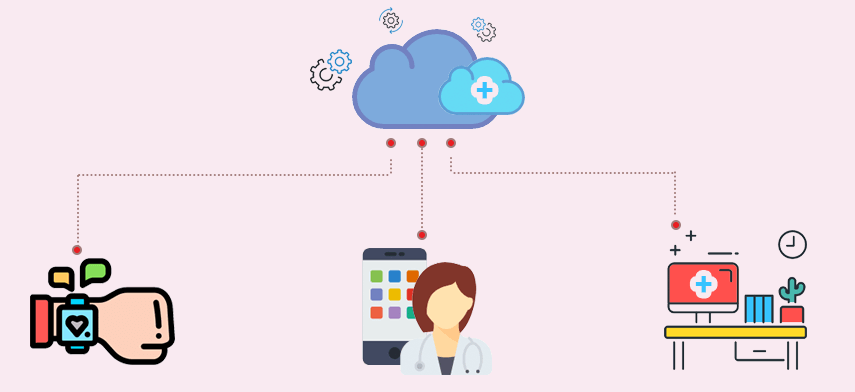Doccure – Making your clinic painless visit?
- Jan 31, 2023
- Neurology
Digitalization of Medical Services: A Rapidly Evolving Sector
Paradigm Shift
Ever since the pandemic, the global healthcare industry has faced the daunting prospect of adapting to a remote framework of operations. Making quality medical care accessible to patients exclusively through virtual modes of communication has spurred institutions both big and small to make the digital leap at the earliest.
From patient record creation to extensive virtual consults, almost everything except surgical procedures themselves are being expedited to digital platforms. With the rising prevalence of dedicated online medical service portals geared towards this purpose, what constitutes this digitalization, and what are the challenges that lie ahead on this road?
The Demand: What Patients Want
For better or worse, we live in an era of heightened health awareness across all strata of society. Amidst social distancing protocol and healthcare concerns, the immediate demand is for accessible consultation and treatment with minimal exposure to potential infection. The natural solution to this predicament at the onset was video-conferencing with known doctors. Over time, routine checkups and simple consultations are increasingly being relegated to the online medium. Scratch beyond this surface, however, and we notice that the whole ecosystem is evolving in earnest.
- Even as far back as 2018, around 52% of all web browsing was happening on mobile. The medical sector has had a strong onus to adapt its services to an app-based medium with every passing year.
- Patients don’t want to be digging around their cupboards for age-old files on their medical history. Now that most of their bio-data is online, patients prefer to access their medical history online to enable seamless sharing with doctors.
- Running from pillar to post for different specialised consultations is no longer a consistent or feasible option for most patients. Accessing multi-specialty options on a contiguous platform is the preferred route. The emphasis on completing routine formalities like appointment booking online is on a steady rise ever since the worldwide lockdowns.
- By design, an online medical network gives the average patient far wider access to quality healthcare than usually possible through conventional means. Patients the world over are waking up to this fact, as shown by statistics that confirm around 38% of online medical searches are to scope out super-specialty hospitals and other facilities.
From the points above, it’s clear that there’s no dearth of demand from the patient base. Digitising medical services across the board can address all these demands in theory, in a world where logistics and infrastructure aren’t a hurdle to overcome for medical professionals. What does the supply scenario look like on the other end of the spectrum?
The Demand: What’s on Offer
To its credit, the global medical sector has pulled off what seemed to be a near-impossible feat at the onset of the pandemic, and mostly stuck the landing. Thanks to readily available SaaS solutions and streamlined onboarding, the shift to digital modes has been relatively smooth across the board, with multifaceted virtual options being made available to patients for easier access.
- Medical practitioners have embraced some form of online consultation and treatment, either through video-conferencing slots or by registering their practice on larger cloud-based platforms. This has significantly addressed the prominent 77% patient demand for appointment booking and consultation online.
- Some medical practitioners have switched gears to offer on-demand services to patients requesting expert medical care on these platforms. These services are often offered in tandem with online pharmacy and home delivery services to streamline the process from start to finish.
- The recent wave of health-consciousness has also spawned an uptick in sales of smart health monitoring devices like Fitbits and smartwatches. These devices leverage top-of-the-line technology to monitor the finer aspects of health, such as sleep cycles and blood glucose levels. Medical practitioners are steering into this trend, since these accessories facilitate their diagnosis over virtual media.
- A major area of focus for medical service digitalization is patient records and history being migrated to digital storage. Maintaining and updating these records online contributes to the overall seamlessness of the process.
How will the medical industry evolve digitally to meet these growing demands?
The Digital Path Ahead
To expand into the mainstream and cover more bases, the global medical sector is actively exploring fields such as:
- AI & Machine Learning: Smarter digital framework that can take simple actions on its own with minimal supervision can lessen the resource strain most institutions face to keep these systems up and running.
- Virtual Reality: VR holds the potential to open a whole new dimension for intensive diagnosis and emergency response. The benefit works both ways, as it also educates patients on complex conditions in interactive ways.
- Big data management: Medical records contain sensitive information about patients. Managing troves of data with safe processing is top priority for every medical institution, and more reliable solutions are cropping up of late.
As a member platform of the field, Dr. Curro is committed to building an extensive community with cutting-edge medical services that benefit both practitioners and patients. To know more about our end of digital medical services, visit our website today!






